Publications
Articles, publications, books, tools and multimedia features from the U.S. Institute of Peace provide the latest news, analysis, research findings, practitioner guides and reports, all related to the conflict zones and issues that are at the center of the Institute’s work to prevent and reduce violent conflict.
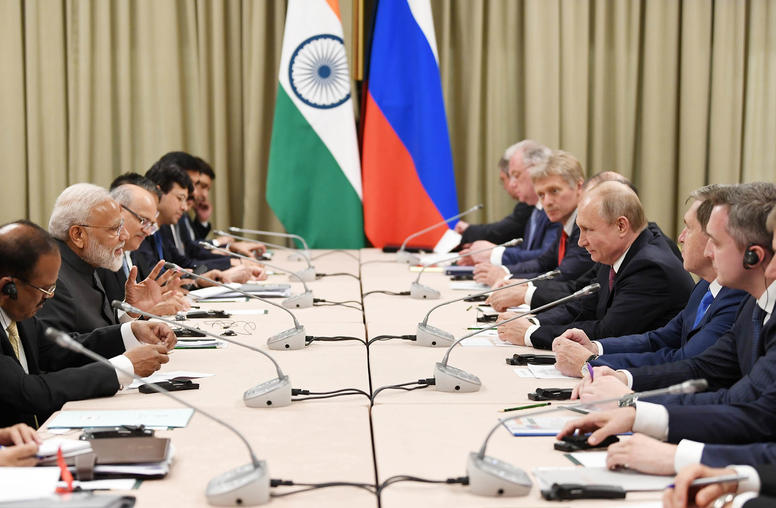
The Limitations of India and Russia’s Transactional Relationship
Since Russia’s unprovoked invasion of Ukraine in February 2022, it might seem as though ties between India and Russia have strengthened. While much of the West isolated Russia, India-Russia energy trade spiked, and India made efforts to accommodate Russia on the world stage. The two countries have also had visible public exchanges, such as a mid-January phone call between Indian Prime Minister Narendra Modi and Russian President Vladimir Putin and Indian External Affairs Minister S. Jaishankar’s trip to Moscow at the end of 2023.

Donald Jensen on the War in Ukraine’s Second Anniversary
Two years on, Russia’s full-scale invasion of Ukraine has turned into a grinding and costly territorial battle. And with so many major strategic questions left unanswered, “predicting [the conflict] going one way or the other is extremely difficult,” says USIP’s Donald Jensen. “A lot depends on what happens outside the battlefield.”

Juan Diaz-Prinz on Incentivizing Peace Talks in Ukraine
As it stands, both sides see little reason to engage in peace talks. But USIP’s Juan Diaz-Prinz says that shouldn’t stop the international community from trying to incentive an end to the conflict: “We’ve got to try everything, and we’ve got to try every avenue until the right one fits.”
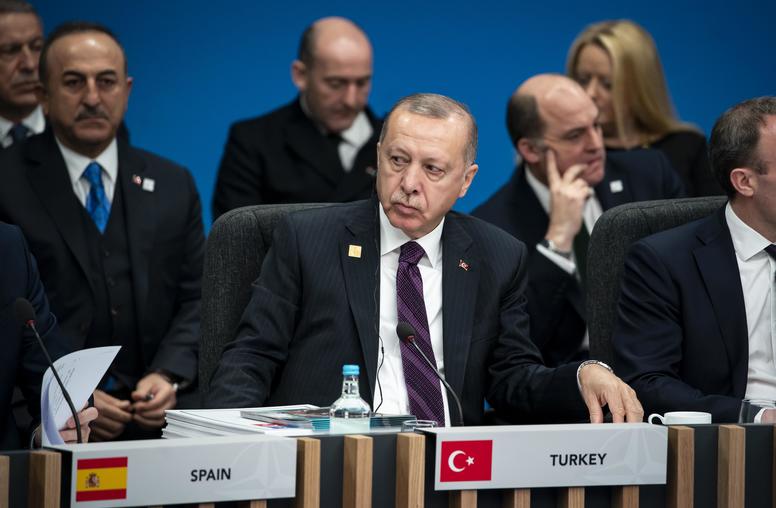
To Sustain Hopes for Peace in Ukraine, Keep an Eye on Turkey
Russia’s atrocities against Ukrainian civilians and its escalated warfare in southeastern Ukraine have swept aside last month’s public discussion of peace options as the countries briefly held talks in Turkey. Yet even in the darkest moments, all sides in this war, including the United States and Europe, have strong interests in maintaining channels for negotiation that can be used when opportunity re-emerges. Protecting that interest means understanding and maintaining Turkey’s role in facilitating talks—and its potential to serve more actively as a mediator.
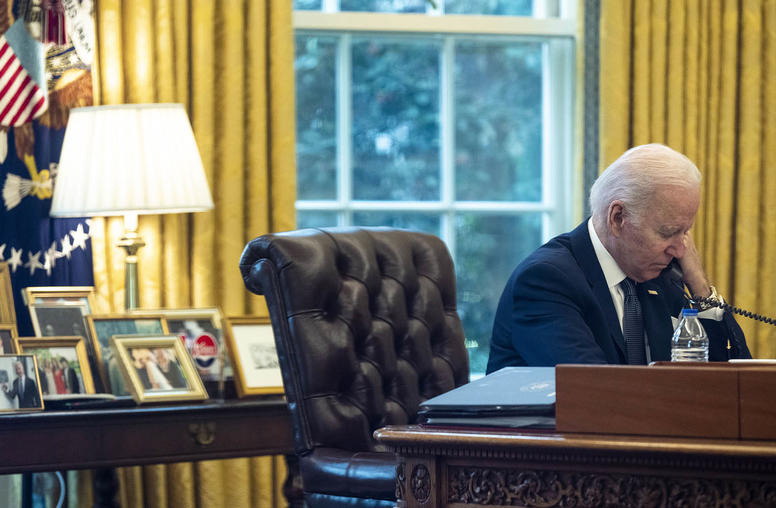
Another Way to Help Ukraine: Prepare Now for a Peace Process
Three months of Russia’s savagery against Ukraine have left little space in current policy discussions for considering a peace process. President Biden vows to strengthen Ukraine before any negotiations by providing more arms and funds, and tougher sanctions on Russia. Alongside that vital support for Ukraine’s defense, it is important to develop other ways to help Ukraine end bloodshed and protect its future. One track of policy should be preparation now for negotiations if that opportunity emerges.
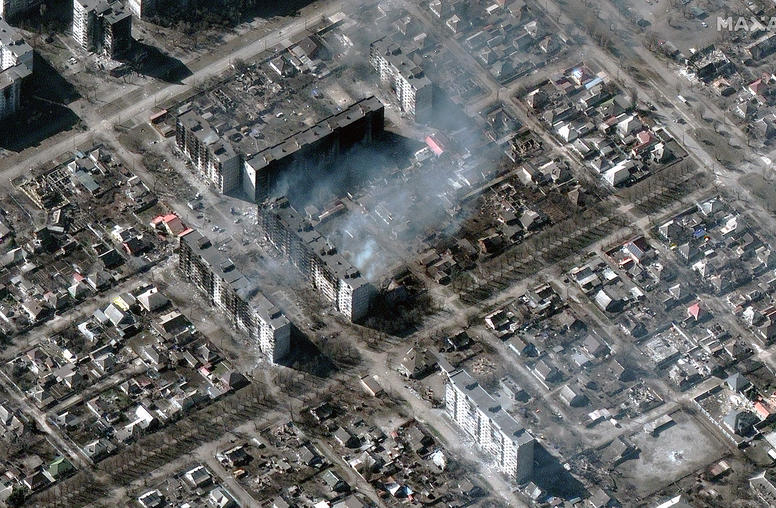
Ukraine: The Dangers in Russia’s New Offensive
After the Ukrainian armed forces defeated Russian troops, forcing them to retreat from their assault on Kyiv and northern Ukraine, Russia has concentrated its forces on eastern and southeastern Ukraine, with a notoriously brutal general now in command. These changes open a new chapter in Vladimir Putin’s assault that will be unpredictable and potentially more destructive. The humanitarian cost, notably in the besieged port of Mariupol, has grown only more calamitous. This new chapter will heighten the stakes both for aggressors and defenders—and the imperative for democracies to sustain support for Ukraine, including with longer-range weapons for its defense.
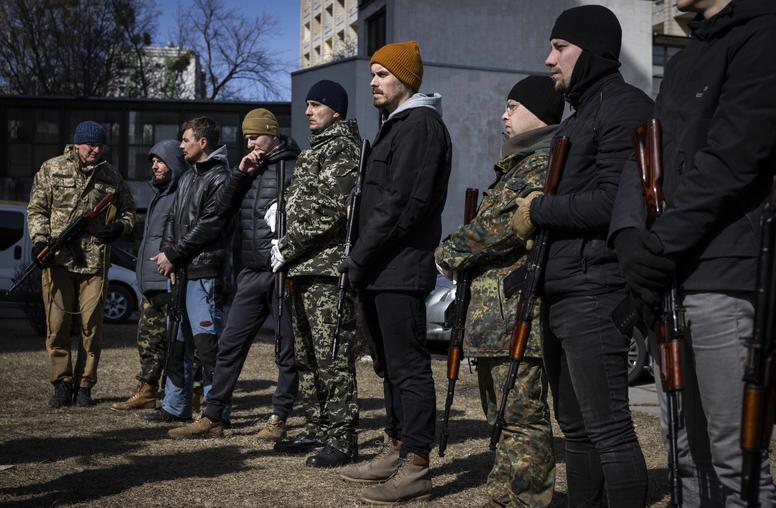
Protecting Civilians in Ukraine Now — and After the War
From the images of the people summarily executed in Bucha to the remnants of Mariupol’s bombarded theater where hundreds of civilian refugees perished, Russia’s war on Ukraine has unleashed immense suffering on the civilian population. As policymakers debate the most effective forms of support amid Russia’s new offensive in the east and southeast, Ukraine must be provided with the necessary military assistance to fend off Russian aggression. But it will be equally important to immediately start planning for the long term, preparing to offer flexible and multifaceted support to the military and civilian components of Ukraine’s security sector.
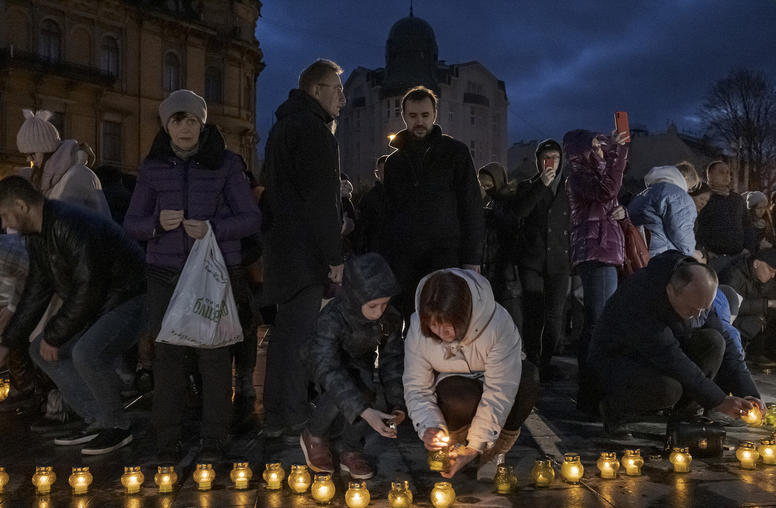
How to Achieve Accountability for Atrocities in Ukraine
Russia’s invasion of Ukraine has resulted in a remarkable alignment of international actors supporting accountability processes. The international community — states, regional bodies, civil society and the U.N. — has provided funding and expertise to the Ukrainian government and launched documentation and evidence collection efforts, fact-finding missions and criminal investigations into Russia’s invasion and the crimes committed against Ukrainian civilians. The progress made to date stands to advance the rights of Ukrainians and other vulnerable communities faced with aggressive state action. Moving forward, this united effort will require the coordination, creativity and sustained political will to ensure that perpetrators are held accountable, and that justice is delivered to victims.
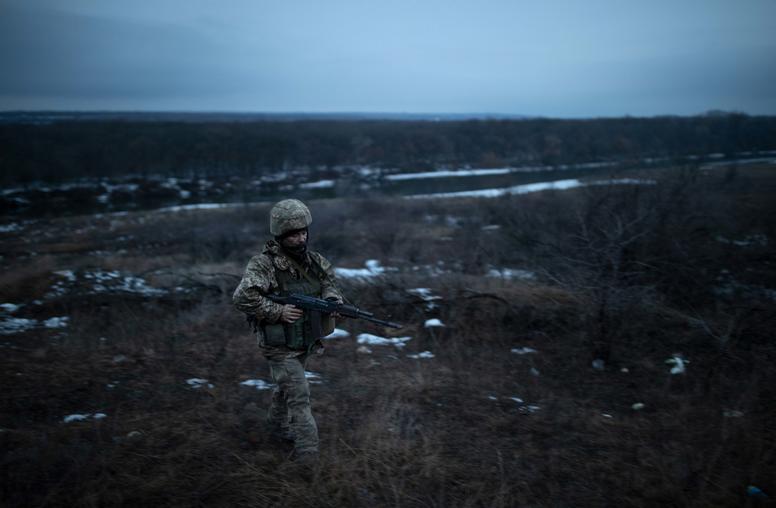
How Territorial Issues Could Impact Security Guarantees to Ukraine
In late March, the Ukrainian delegation to the Russia-Ukraine peace negotiations in Istanbul put forward a draft peace agreement. The keystone of this agreement was a mutual defense guarantee, similar to NATO’s Article 5, to protect Ukraine. Treaty-bound guarantors would come to Ukraine’s defense in the event of an attack on the country, in exchange for Ukraine’s neutrality. But it is possible that Ukraine’s borders will be altered as part of a final peace settlement. As such, states should understand the territorial issues at stake and how those issues could trigger any negotiated security guarantee mechanisms.
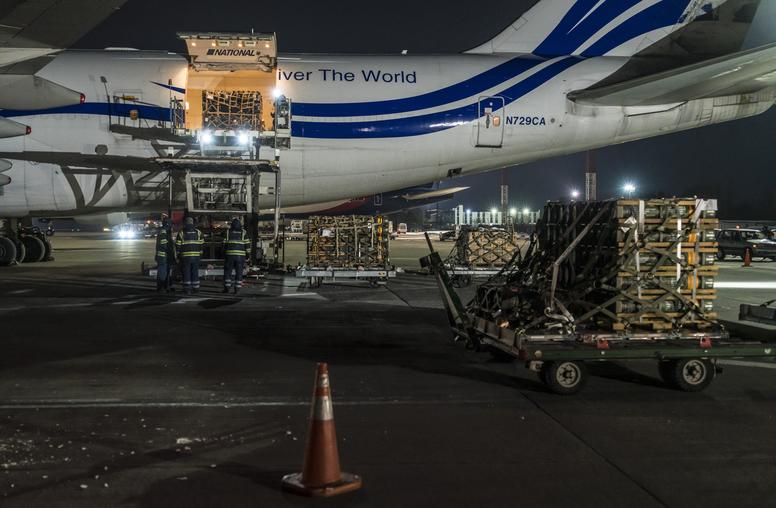
A Look at Neutrality Now — and After the Ukraine War
Russia’s invasion of Ukraine has prompted several conversations about the concept of “neutrality” in international law and related matters. Although this week’s visits between United Nations Secretary-General Antonió Guterres and Russian President Vladimir Putin and Guterres and Ukrainian President Volodymyr Zelenskyy have sparked some hope of reinvigorating peace talks, a settlement seems like a distant prospect. Nonetheless, it is likely that any deal will include provisions for Ukraine’s long-term neutrality in exchange for external states’ security guarantees. But autocrats like Putin often weaponize international legal concepts like neutrality for their own ends. As such, it is vital to reconsider and update global commitments to stabilizing legal frameworks to prevent would-be aggressors from exploiting international law.